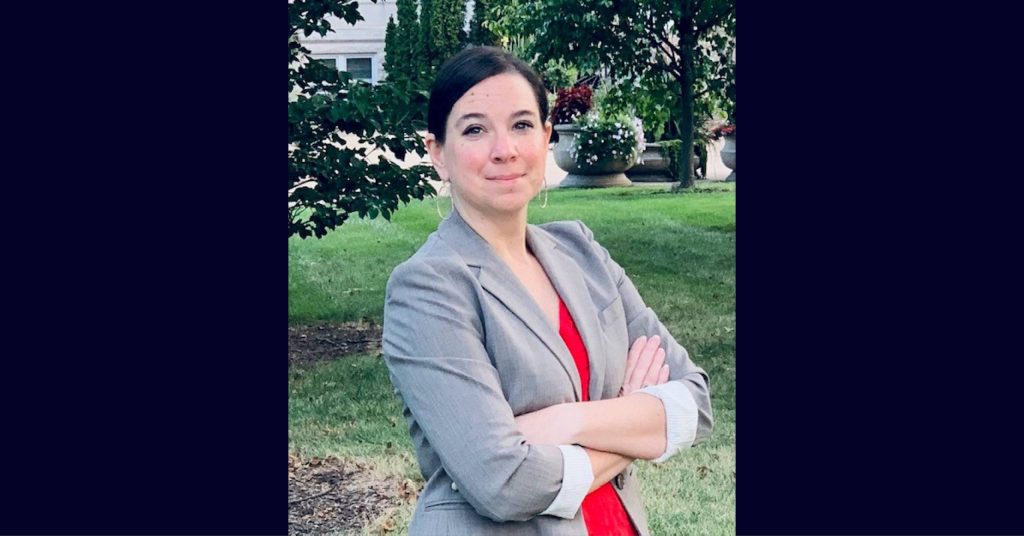
What are your job duties/job responsibilities in the College of Agriculture, Food and Natural Resources?
As CAFNR’s HR professional, some of my key responsibilities include advising leaders and supervisors on workforce planning and design; assisting with recruiting and onboarding; consulting with employees and supervisors on career development and performance management; helping with conflict resolution and other employee relations matters; guiding and advising on compensation and classification of positions; advising leadership on applicable federal and state regulations as well as University Collected Rules and Regulations (CRRs); and, finally, assisting with implementation of new or updated University HR policies and programs.
How long have you worked in CAFNR?
I joined MU and CAFNR in August 2021.
What do you enjoy about working for CAFNR/Mizzou?
I mostly enjoy working with the people in CAFNR and helping employees find solutions to HR challenges so they can focus on their important work that drives the college forward.
What do you enjoy doing in your free time?
When I’m not working, I’m either reading a good book, baking, or trying to garden. I say trying because I’m not that good at growing vegetables (tomatoes, zucchini, lettuce, beans, etc.), but I seem to be oddly good at growing butternut squash!
What is something your co-workers/other CAFNR employees don’t know about you?
For my master’s thesis, I studied population genetics of large turkey lice in the Midwest to understand barriers to gene flow. After college, I worked in various Biochemistry labs studying cancer as well as a biosafety level 3 (BSL3) facility studying Coxiella burnetti. The best part of working in the BSL3 facility was that I had the privilege of learning biosafety best practices from one of the world’s leading biosafety experts. Because of this, I had the opportunity in 2014 to help his team train medical professionals at the University of Chicago hospital in anticipation of the Ebola outbreak reaching Chicago.